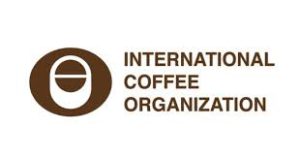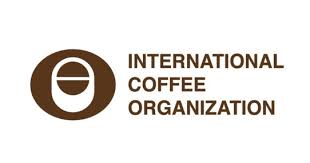Uganda suspends International Coffee Organisation membership
Uganda has announced a two-year suspension of its membership from the International Coffee Organisation (ICO) in attempt to pressurise the organisation to address its concerns as a coffee producing country.
Uganda has been trading its coffee under the 2007 ICO agreement, which stakeholders say does not favour farmers and other players.

Some coffee producing countries have questioned the agreement, arguing that it only favours consuming countries with the interest of farmers, especially in regard to getting a premium price and obtaining better quotas, not catered for.
Uganda Coffee Development Authority’s managing director, Mr Emmanuel Iyamulemye said: “Uganda does not support the two years’ extension of the International Coffee Agreement 2007, because Uganda’s concerns and interests have not been addressedin the new Agreement.”
He said that suspending membership for two years will give Uganda a chance to use the resources to further enhance our coffee sector and focus on the aspirations of Coffee Roadmap to increase production to 20 million bags by 2025/30.”
Uganda has been engaging with other African countries to develop strategies to enhance production and also start a campaign to boost domestic coffee consumption in Africa.
“In this regard, our strategy is to strengthen the coffee sector regionally by advocating projects through the Inter-African Coffee Organization (IACO),” Iyamulemye added.
UCDA says the country’s position will be instrumental to incorporate key performance indicators to all the objectives mentioned in the Agreement.
The Agreement is written in a very generic manner so the Organization is not bound by any result based goals. This is the shortfall in the way it is worded and therefore has led to the Member’s frustration that countries are not getting any benefits out of the membership.
Uganda’s demands
Some of the expectations from Uganda in this negotiation is for ICO to look at taking into the value added coffee and not only the green beans.
“Then we raised the issue of the volatility of price of coffee which is done by certain few individuals and they come up with the global composite indicator price,” UCDA report shared.
Ideally, the composite indicator price favors the consuming countries like USA, German and UK who buy the green been add value and later get the better prices.
The other concern Uganda has is the classification of coffees at the ICO does not favour the country’s uniqueness as the birth place of Robusta coffee or Ethiopia being the origin of Arabica.
What next?
According to UCDA, Uganda not joining the two-year extension of ICA 2007 will not affect coffee exports or trade in any way. This is because ICO does not regulate coffee trade.Non-ICO members including Guatemala, Paraguay, and China, export coffee in the same way while United States and Turkey are still importing coffee after leaving ICO.
“During the two years, Uganda will still issue the ICO Certificate of origin on coffee exports. All exports of coffee from member and non-members of ICO have country codes on their certificates of origin,” Iyamulemye noted.
The certificates of origin were imperative to ascertain full implementation of the quotas and after the quotas were suspended in 1989, the certificate of origin is voluntary.
Uganda, last year in September wrote to the ICO indicating its intension to leave ICO unless certain fundamentals which the country’s interests are addressed.

